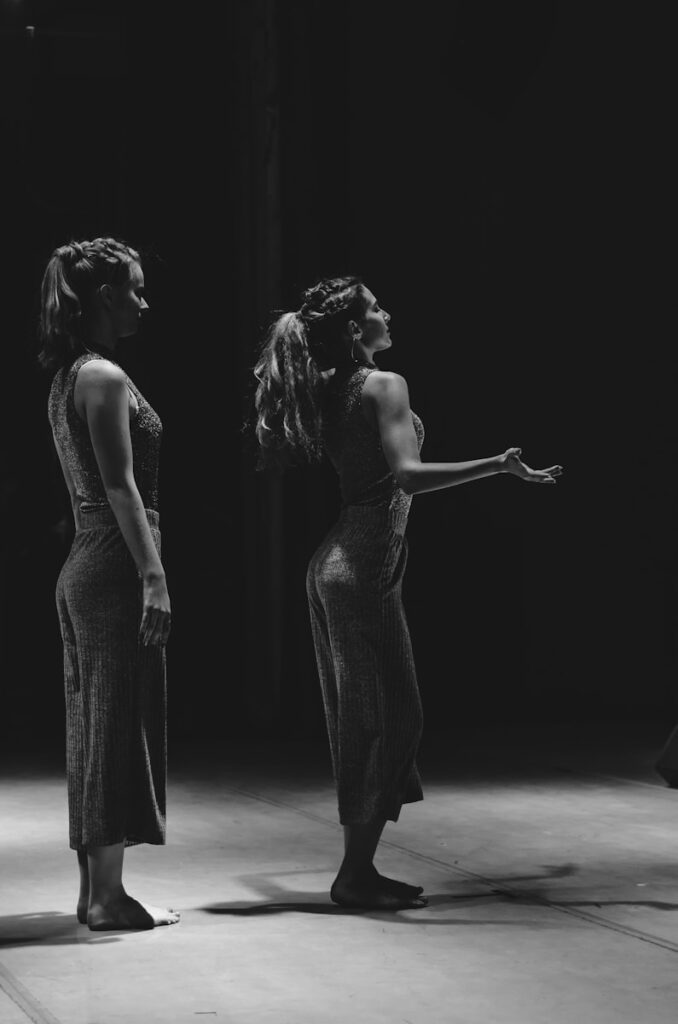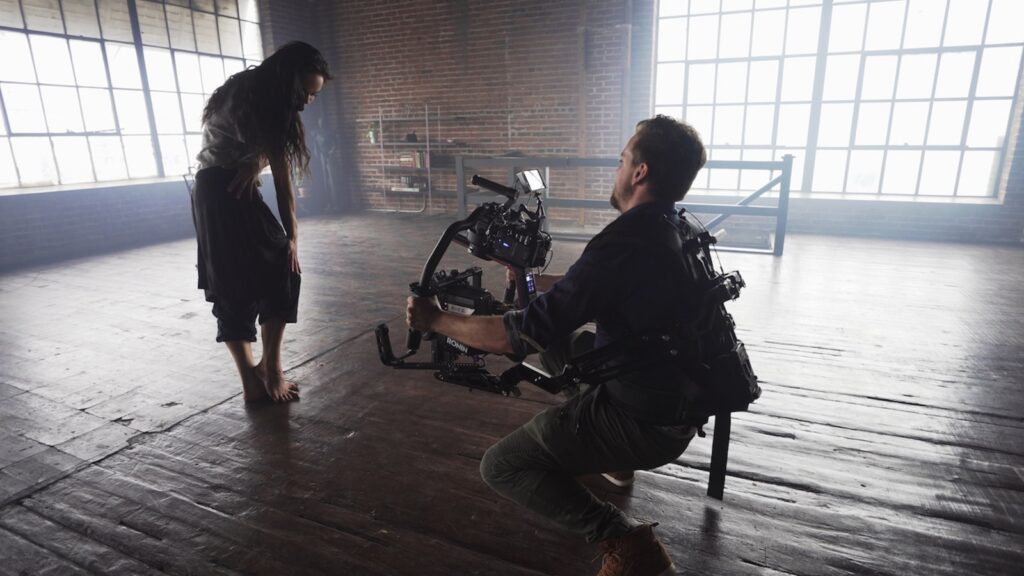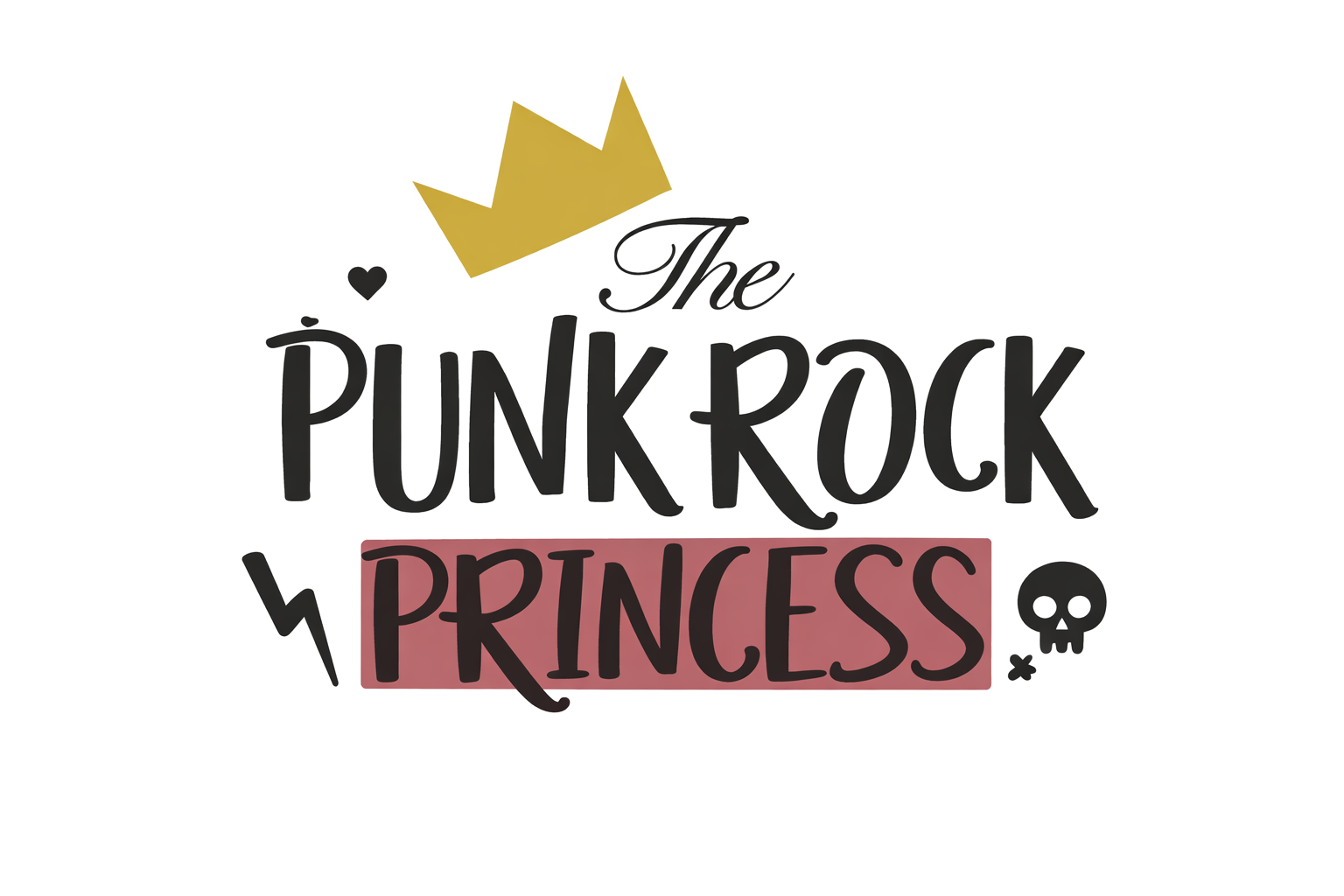So, you’ve decided to follow your dreams and apply to drama school in London. You’ve got your eye on the big names: RADA, LAMDA, Guildford, and maybe even a few more sprinkled in for good measure. But what does it really take to nail that audition and step into the world of performing arts? Grab a cup of tea (or something stronger), and let’s dive into the whirlwind that is drama school auditions!

Stage 1: The Research Stage, aka Stalking Without Guilt.
First of all, it’s crucial to get to know the atmosphere of the school you’re applying to. Each drama school has its own specific vibe, like that one friend who is always the life of the party versus the one who does intense, existential coffee.
RADA is like a refined older cousin who loves Shakespeare, whereas LAMDA is the cool kid who flirts between classic and modern styles. Guildford? It has the ideal mix of tradition and innovation, which makes Guildford stand out as a real all-rounder.
Do your homework! Visit their websites, virtually live if necessary, or turn up for those open days, and, of course, stalk their social media accounts. This is your chance to figure out which school feels like the right fit for you.
Process Step 2: The Application (Paperwork but Make It Dramatic)

Now that you’ve fallen in love with your dream schools, it’s time to get official. Applications for drama schools are like that monologue you’ve been rehearsing; every word counts. Be sure to fill out all the forms, double-check your spelling (no one wants to audition for “Guildlford”), and hit that “submit” button with all the confidence of a seasoned West End star.
Pro Tip: Personal statements offer a chance for you to truly shine. This is your moment to share your passion, your unique quirks, and the compelling reasons you belong on that stage. However, it’s essential to remain genuine—don’t claim to have been reciting Shakespeare since you were five if your childhood was more about Power Rangers. Authenticity is paramount!
Step 3: The Audition Material (Choose Your Poison Carefully)
Ah, the audition material. Your choices will either be your greatest allies or your greatest adversaries on the day of the audition. Most schools ask for one classical monologue (usually by Shakespeare) and one contemporary. Many students don’t know how to strategise about this part.

When selecting your Shakespeare, steer clear of the “greatest hits”, such as Romeo and Juliet or Hamlet. Instead, opt for something less conventional yet equally compelling. Consider works like Cymbeline or Measure for Measure. This selection shows that you’re not just following the crowd, and the panel might value the refreshing shift in perspective.
For your contemporary selection, choose something that speaks to you at an intimate level. Whether poignant, humorous, or achingly sorrowful, make sure you don’t really love it. The last step is just important to show your versatility and give the panel a brief look at who you are.
Step 4: Practice, Practice, Practice (And Even More Practice)
Now arrives the exhilarating—and somewhat daunting, stage of rehearsal! Immerse yourself in your pieces until they become effortless. Yet, don’t merely perform the motions; delve deeply into the text.
What drives your character? What truths are they sincerely trying to communicate? Hone your diction—there’s nothing more unfortunate than stumbling through a soliloquy. If possible, get feedback from a trusted friend, acting coach, or even your cat (they’re excellent at judging, trust me). Occasionally, an outside perspective can catch something you’ve missed.
Step 5: The Big Day (Dun Dun Duuun)

It’s audition day, and the nerves are palpable. Yet, keep in mind that everyone in that waiting room is just as anxious as you. Arrive early, take a deep breath, and, above all, savour the experience. Indeed, it’s an audition, but it also offers you the opportunity to perform, which is what you truly love!
As you walk through the door and smile warmly at the board, take an intentional breath, remember thatbreathing is important. You present your pieces confidently, then… you let them go. You trust the work you’ve put in, and you trust being present. If you stumble, keep going. Often, those slight stumbles truly show your ability to be resilient and flexible in that moment.
Step 6: The Waiting Game (Patience, Young Grasshopper)
Once the audition concludes, you likely experience a sense of exhaustion. But, in fact, the painful part is just starting: waiting. Drama schools take weeks to get back, and it is easy to torture yourself for every detail.
Did they like what you did? Did you trip over that line? Did you pick the right piece? Breathe out. The deed has been done. Now it’s time to reflect as well as to relax. Enjoy your time by binge-watching Netflix, spending time with friends, and celebrating your accomplishments.
Final Thoughts
Enjoy the journey. This is just one step on your acting journey, whether or not you get into your dream school. Seriously, drama school auditions are like a rite of passage, a chance to find out more and more about who you are as a performer.
Every audition, successful or not, increases your resilience, skill, and passion for the craft. To every young actor preparing to audition for drama school: break a leg! And remember, the whole world is a stage.













